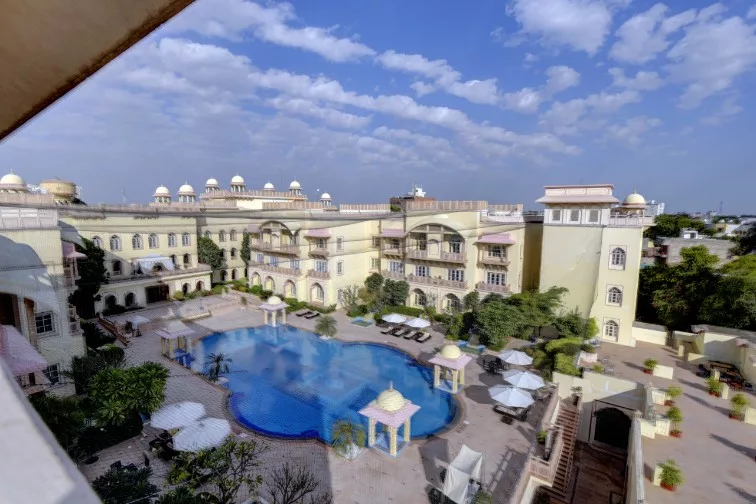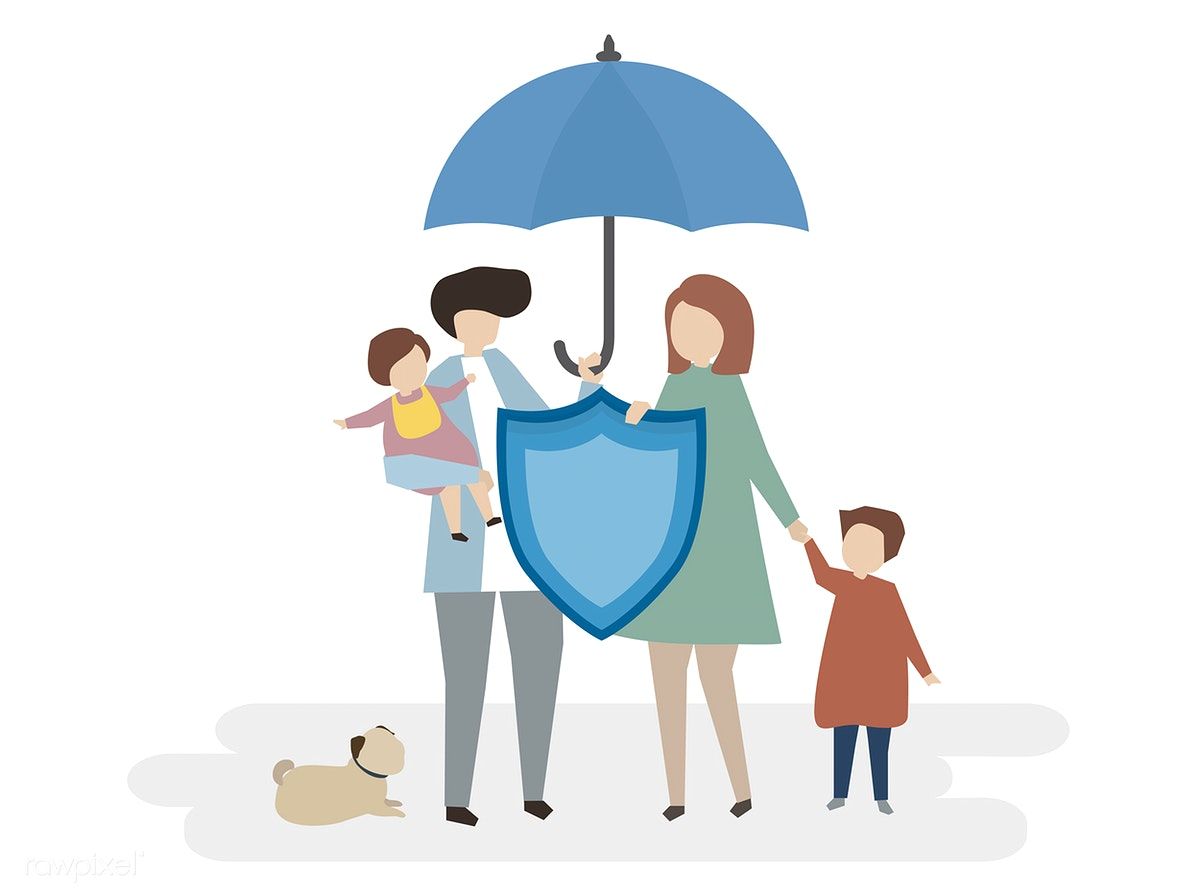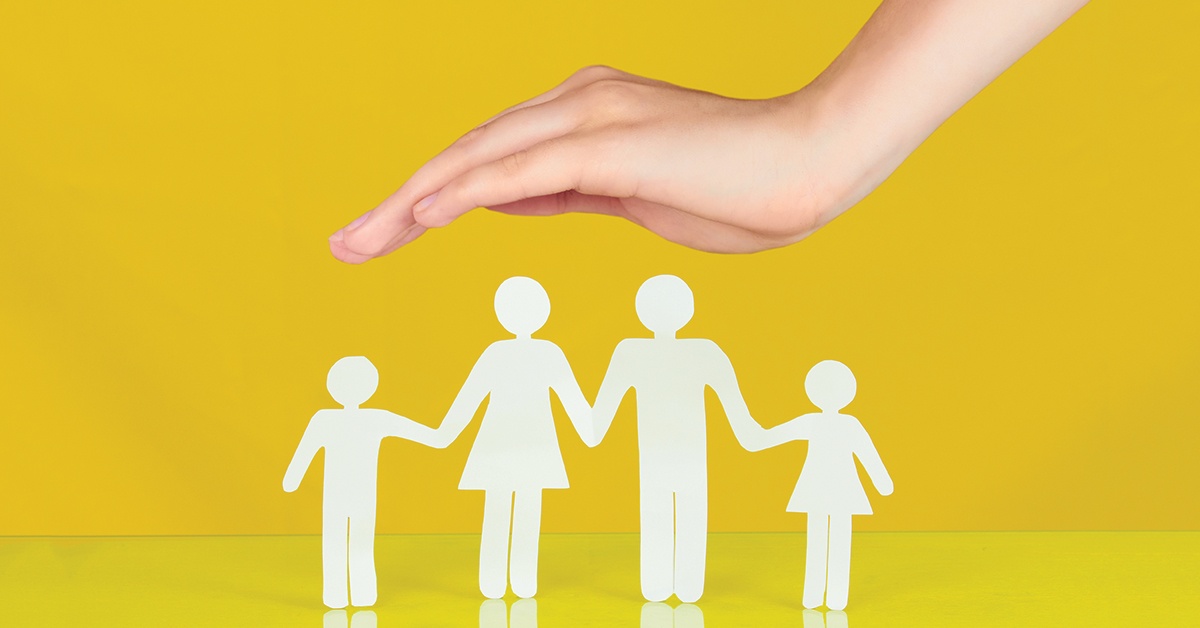5 Tips to Choose and Style Wedding Blouses
 Post thumbnail
Post thumbnail
When it comes to sarees, we are well aware that the beauty lies not only in the six yards of fabric but also in the blouse you choose to pair with. This makes the selection of blouses quite crucial. Today, we are exploring the various blouse styles and how you can effortlessly flaunt them with…
Read More 5 Tips to Choose and Style Wedding Blouses








